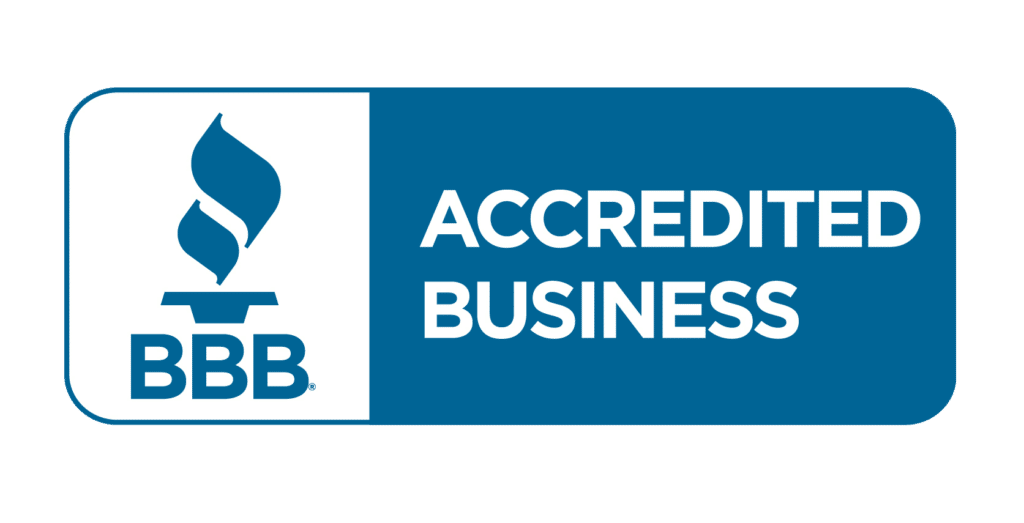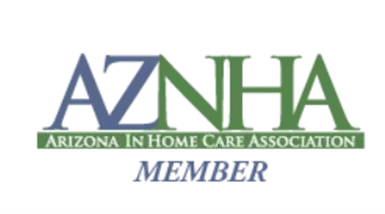
Endometriosis is a health condition that affects women of all ages, not just younger women. Endometriosis Month offers a chance every March for people to learn more about this health issue. Sometimes women aren’t diagnosed with endometriosis until they’re seniors, usually because they are experiencing worsening symptoms. Managing endometriosis requires a few different steps, and personal care at home can help seniors to feel better while they deal with endometriosis.
Managing Pain Holistically
Lots of women suffering from endometriosis deal with pain on a regular basis. Finding solutions for managing that pain is incredibly important, especially for aging women. Strategies that reduce muscle tension, like low-impact stretching, can help to reduce pain levels. Mindfulness practices like mediation and deep breathing can also help with managing pain. Seniors should talk with their doctors about what else they can do to manage pain on a consistent basis.
Exercising Regularly
Regular exercise can do a lot to help seniors with endometriosis to feel better. Exercise reduces inflammation, helps to manage weight, and can improve overall health. Seniors should always talk with their doctors before starting a new workout routine, especially when managing health conditions. Some exercises to consider could include walking, swimming, yoga, or tai chi.
Balancing Nutrition
The right nutrition helps to support overall health as well as hormonal health. Incorporating whole foods, trying an anti-inflammatory diet, and adding omega-3 fatty acids can all help seniors who are battling endometriosis. Changing dietary habits takes time and effort, however, and sometimes seniors find this to be more difficult than they expect. Elderly care providers can help a lot with the logistics of eating a healthier diet more consistently.
Following Medical Recommendations
Above all, seniors need to prioritize following their doctors’ recommendations for keeping themselves healthy and happy, even with endometriosis. For some seniors, this might mean eating a specific diet or taking medications like hormone therapy treatments. Making it to doctors’ appointments is also important, and that can be tough if seniors don’t drive any longer. Personal care at home can help ensure that seniors get where they need to go.
Adopting Supportive Mental Health Practices
Chronic pain and other symptoms take a toll on someone living with a chronic health condition. Seniors with endometriosis may find themselves dealing with anxiety, depression, and other mental health conditions. Finding ways to deal appropriately with those mental health issues is vital to living a happy life. This can mean attending therapy, joining support groups, or just prioritizing activities that bring seniors joy.
Using Adaptive Strategies for Daily Living
Endometriosis can impact daily activities more than seniors may realize. Making simple adjustments to daily life, like resting more often or using assistive devices, can make daily living easier and more enjoyable. Personal care at home can be instrumental in helping seniors to learn what strategies to use and when.
Improving quality of life when someone has endometriosis involves looking at how the condition impacts that person’s life and finding ways to overcome those challenges. Personal care at home can help seniors to find the tools and answers they need in order to live their best lives, no matter what health conditions they’re facing.
If you or an aging loved one are considering Personal Care at Home in Mesa, AZ please contact the caring staff at Legacy Home Care today. Call (480) 777-0070
Legacy Home Care is a top provider of home care services in Mesa, Tempe, Scottsdale, Sun Lakes, Chandler, Gilbert, Apache Junction, Queen Creek, Phoenix, and surrounding areas.
Legacy Home Care has been serving the valley since 2007. We are family owned and operated with over 75 caregivers. We offer a customized care plan that includes services such as: Hourly Senior Home Care, 24-Hour Home Care, Dementia Care, Personal Care and Companion Care. Also ask us about our Veterans' Home Care program.
- Health Dangers of Stress for Seniors - March 20, 2025
- Why Companion Care Is Great For Seniors Living At Home - March 7, 2025
- Tips for Helping Your Senior Manage Brain Fog - February 19, 2025



